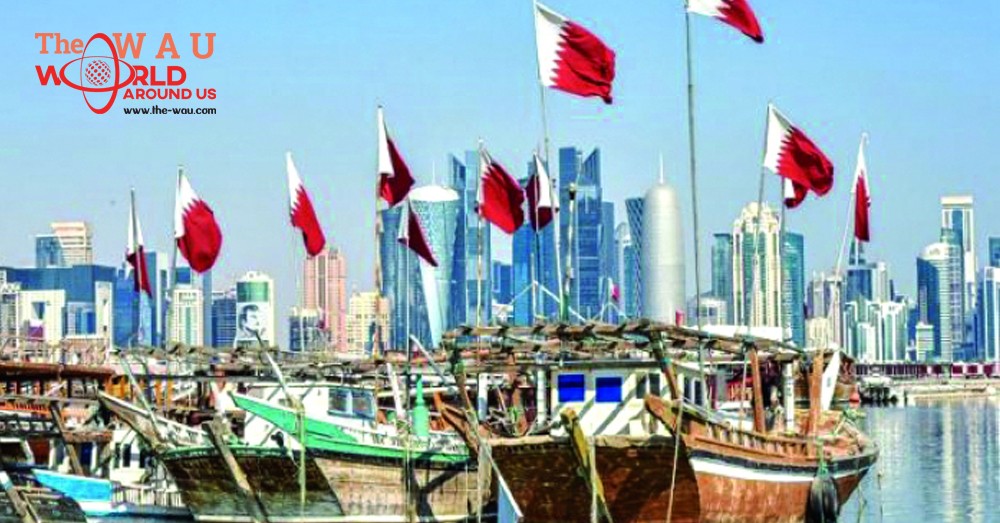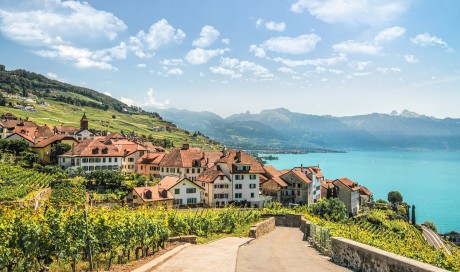Even as the Gulf crisis enters its third year, Qatar has been able to successfully weather the boycott, both politically and economically, and remains a geostrategic actor and an economic force, according to Brookings experts.
Nader Kabbani, Director of Research, Brookings Doha Center, said “As the Gulf crisis enters its third year, three things are clear. First, Qatar has so far been able to successfully weather the boycott. It has demonstrated that it can survive and thrive on its own. Qatar’s economic growth over the 2018-19 period is projected to be a robust 2.4 percent, the highest in the GCC. Second, there is no indication that the UAE or Saudi Arabia, the two countries leading the blockade, will seek a reconciliation anytime soon. Both countries continue to pursue an interventionist foreign policy in Yemen, Libya, Sudan, and other countries of the region.”
Kabbani said, “Third, even though Qatar and its neighbours can continue to thrive, the blockade has disrupted trade, investment flows, and travel between the countries. Furthermore, it has signaled economic and political instability to the rest of the world. While Qatar and its neighbours are prepared to endure a prolonged standoff, eventually they will have to reconcile. The sooner the Gulf crisis ends the better it will be for all.”
Ranj Alaaldin, Visiting Fellow, Brookings Doha Center, said: “The Gulf crisis exemplifies the resiliency and capacity of small states in the face of hostile exogenous forces. Two years since the crisis unfolded, Qatar remains a geostrategic actor and an economic force, regionally and internationally.”
“The Gulf crisis is a symptom of uncertainty, agitation, and adventurism in a regional order that is still being defined, one that continues to be politically and violently contested,” Alaaldin added.
Adel Abdel Ghafar, a fellow in the Foreign Policy programme at Brookings and at the Brookings Doha Center, said, “An unfortunate byproduct of the Gulf crisis has been the degradation of relations at a people to people level. Online, social media has become an arena to exchange profanities and insults, whether by citizens themselves, or by armies of bots engaged in information warfare. Offline, relations have been frayed too. The blockade has divided families and caused tensions amongst others. Sports, rather than bringing people together, has been weaponised. The Hajj pilgrimage has been politicised.
“Overall, the illusion of the unified GCC family has been shattered. Even if the crisis is resolved at a leadership level, it is likely that its consequences will continue to be felt at a population level with lingering animosities for decades to come.”
Share This Post















